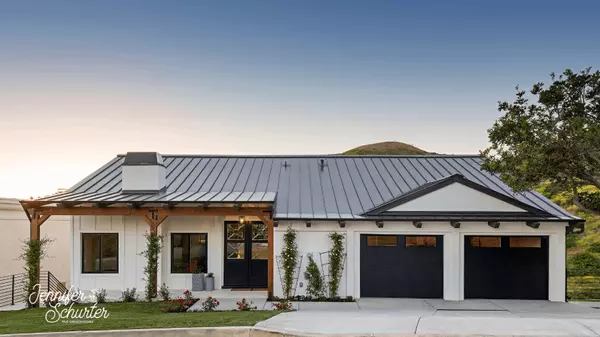

Gratitude, Homes, and Community: What I’m Thankful for This Season
A Season for Gratitude Every November, I pause to think about what “home” really means. It’s more than a roof or a floor plan—it’s the feeling of belonging, of gathering, and of being surrounded by people and places that bring joy. This year, I’m especially thankful for the communities I serve. Canb
Read More

How to Write a Winning Offer in a Competitive Market
Why Competition Isn’t Gone Yet While inventory in Clackamas County and the North Willamette Valley is improving, move-in-ready homes in desirable areas still draw strong attention. Whether you’re a first-time buyer or moving up, success often comes down to strategy, not luck. 1. Get an Underwritten
Read More

How to Price Your Home Right in 2025 (and Avoid Common Mistakes)
Why Pricing Strategy Matters More Than Ever In today’s market, buyers are better informed than ever. They’re comparing homes online, tracking price reductions, and spotting overpricing instantly. Setting the right price from the start can mean the difference between a quick, full-price sale and week
Read More
Categories
Recent Posts










